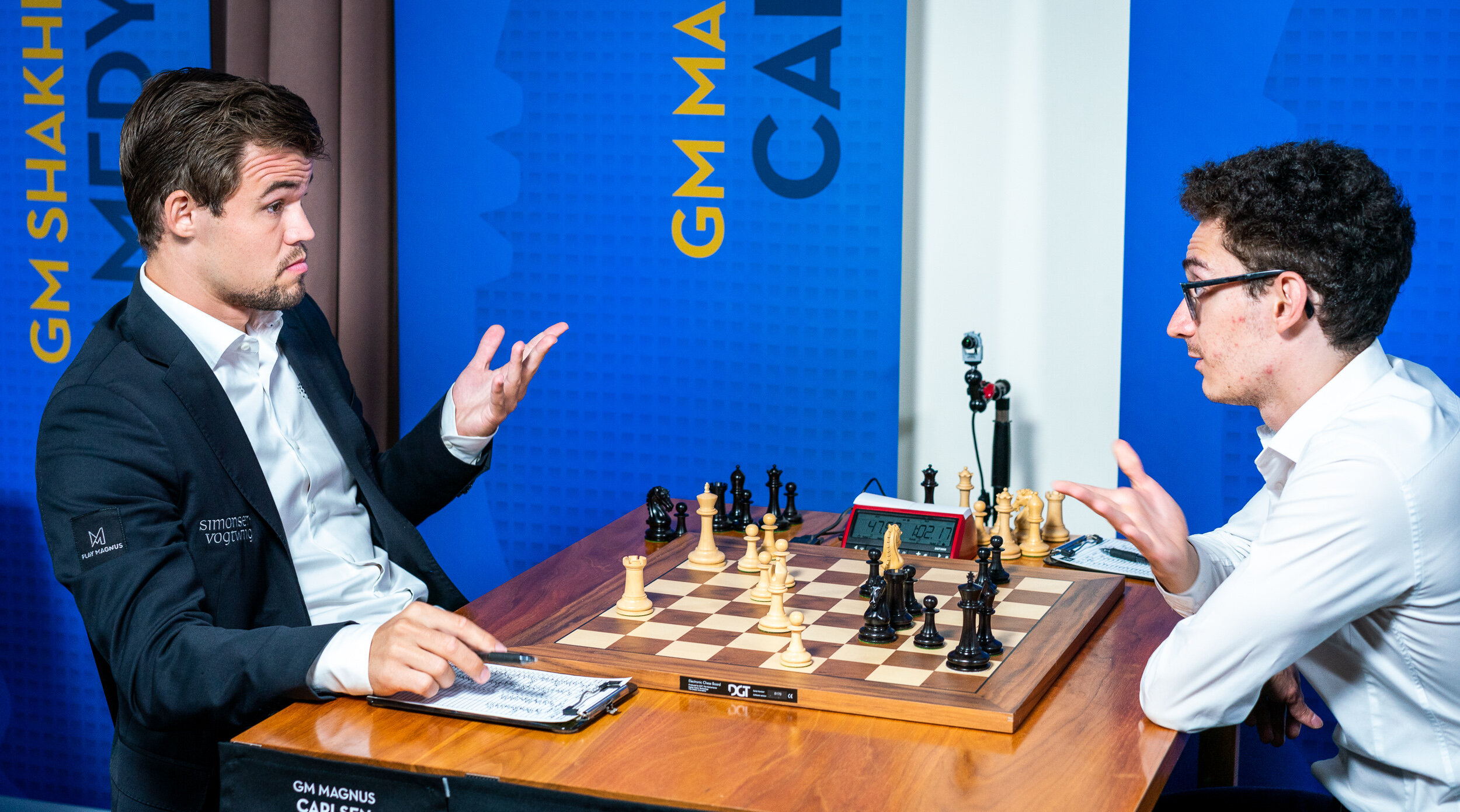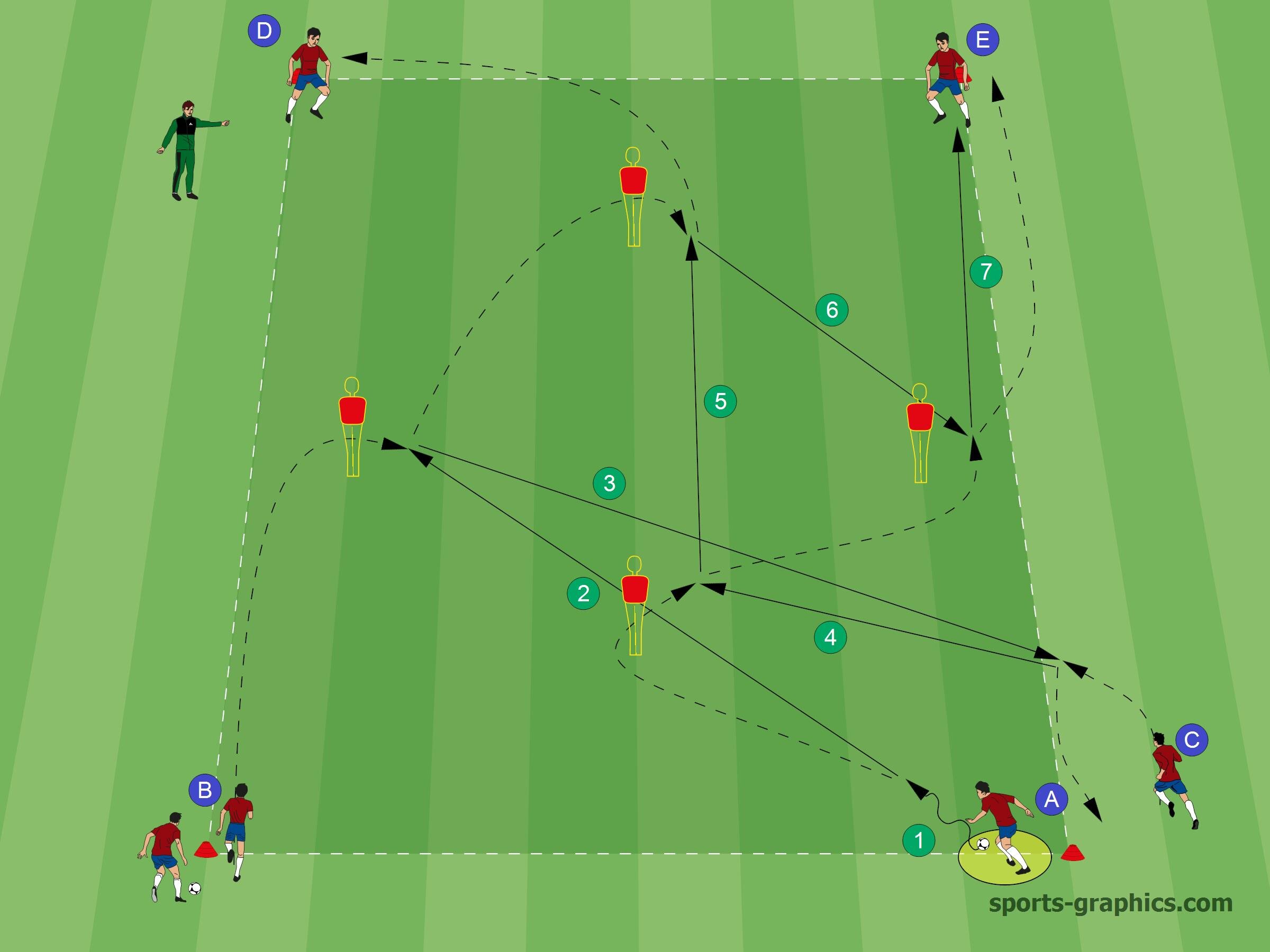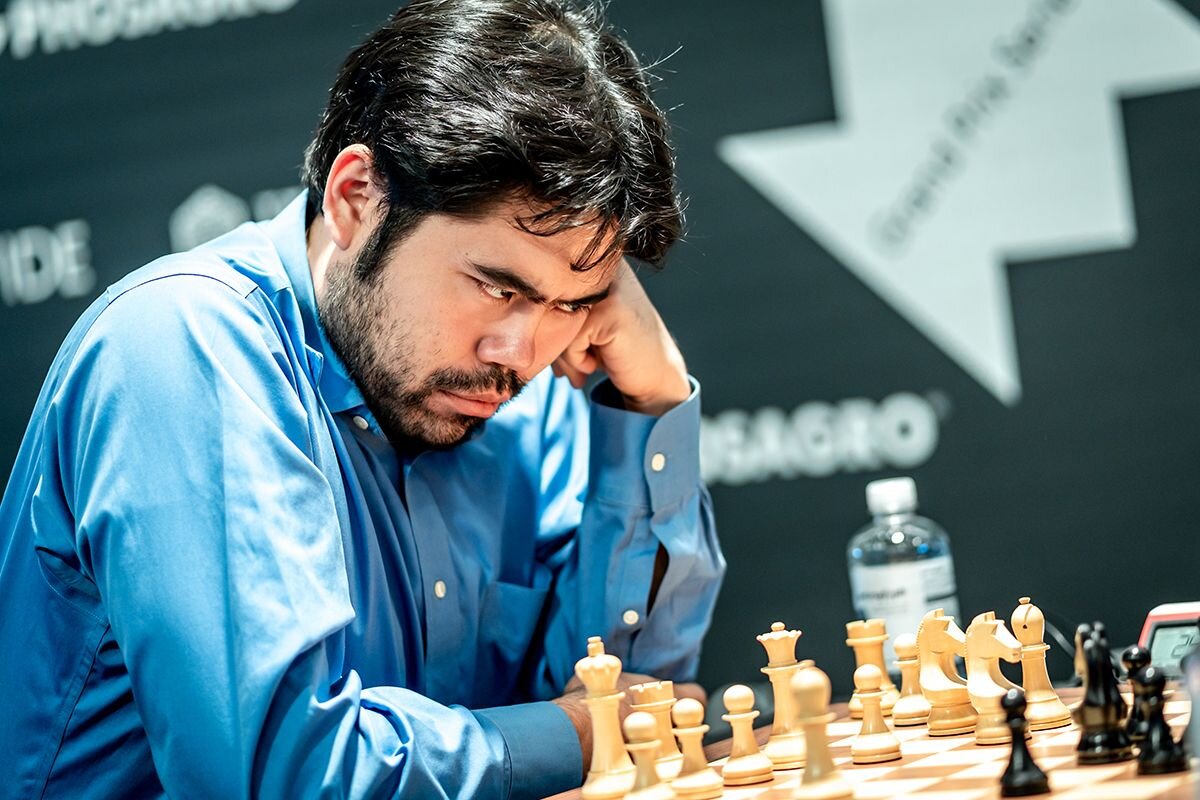How Chess Helps Your Mentality in Conventional Sports
When we hear the word “sports,” we tend to think of something that requires a lot of physical activity like basketball and soccer. However, sports are not entirely about being involved physically but, also being prepared mentally. While not the most sweat-producing game, chess is, in fact, a sport. Chess requires constant focus and impeccable brain function. In this blog, I will be connecting some skills chess players have that are also helpful in active sports.
“Chunking”
To play chess, one must be familiar with simple openings and the strategies behind them. Chess players usually obtain this knowledge by remembering the first moves they should make, and the moves of the opponent. To better understand the theory of chess openings, one should know what the ultimate goal is: to gain a piece and to form a strong defense/attack. With practice, one starts to memorize these patterns and positions which is beneficial.
A 1998 study by Gobet and Simon describes this phenomenon as “Chunking theory.” Chunks are units of information formed into organized groups. In physical sports, chunking tasks will improve focus and strategy. For example, famous UCLA basketball coach John Wooden distributed the tasks as chunks to each player individually, which addressed the team’s goal, skills and strategies, responsibilities, and enhanced overall performance. As he described, it is easier for people to learn new information if it's “chunked” into smaller bits.
Spatial Awareness
Another psychological project done in 2019 by Ricardo Ortiz-Pulido reported that school-aged children who played chess significantly improved in areas of mathematics, reading, and spatial skills. This is because chess requires taking into consideration every possible move that he/she may realize. Spatial skills are quite vital because they help us visualize and understand abstract concepts internally. Spatial awareness is also important in team sports like soccer. The player has to evaluate the field to find the weaknesses of the other team. This skill allows the player to have a mental map of the field, keep control of the ball, analyze where teammates and opponents are, as well as planning future moves.
Decision-making
Decision-making is extremely important in chess. One miscalculated move can lead to a quick defeat. During chess tournaments, when there is a time crunch, players must be concentrated on making the best and analyzed moves. However, when the pressure of the ticking clock creeps in and the player notices this, he/she quickly pursues a variant that has not been fully developed yet, in most cases, resulting in failure. This occurrence was first mentioned by Alexander Kotov, a Russian grandmaster, and named Kotov’s syndrome.
To avoid this, players must also be emotionally stable and not give in to the tension. Nurturing decision-making skills may help you in critical situations and act upon them immediately and effectively. Good decision-making in active sports is very important. Take basketball, for example, your team is down by five points and there’s only two minutes left. Just like with chess, constant and effective practice will help you improve this skill. Coaches usually create end-of-game situations to let the teams understand the time limit, game pressure, and how to effectively plan the strategy. Receiving feedback and analyzing practice games is also key.
Based on personal experience, chess has helped me in recognizing patterns and planning future moves, taking into account all possible outcomes. Chess taught me to strive to make the best possible decisions even in times of uncertainty and chaos. I strongly believe that being even remotely familiar with this intellectual game will not only improve your performance but also bring mental benefits to your physical sports. Happy playing!
“I spend hours playing chess because I find it so much fun. The day it stops being fun is the day I give up.”
Magnus Carlsen (current World Chess Champion)
Works Cited
Carmichael, David. “Improve Your Soccer Intelligence.” STACK, 11 Apr. 2013, www.stack.com/a/soccer-intelligence
Dougherty, Kevin. “Chunking, The Thinking Behind Breaking It Down.” Thinking Maps, 4 Aug. 2014, https://www.thinkingmaps.com/chunking/
Gobet, Fernand. “Memory for the meaningless: How chunks help.” 1998, Mahwah, NJ: Erlbaum, https://bura.brunel.ac.uk/handle/2438/2131
Gustavo, Franklin L. “Neurology, psychiatry and the chess game: a narrative review.” 2019, https://www.scielo.br/scielo.php?script=sci_arttext&pid=S0004-282X2020000300169
Hanson, Bo. “Athlete Decision Making Skills: Coaching for Improvement.” Athlete Assessments, www.athleteassessments.com/improve-athlete-decision-making/
Ootes, Lennart. “Clutch Chess: International.” U.S.Chess Champs, 2020, https://www.uschesschamps.com/2020-clutch-chess-international/overview
Ortiz-Pulido, Ricardo. “Neuroscientific evidence support that chess improves academic performance in school.” Permanyer México, 2019, https://www.medigraphic.com/pdfs/revmexneu/rmn-2019/rmn194e.pdf
Riga, Niki. “MCT Finals: Nakamura grabs the lead.” Chess News, 2019, https://en.chessbase.com/post/magnus-carlsen-tour-finals-2020-final-3
Turek, Steven. “Soccer Passing Diamond – Passing Drill with 2 Variations.” Soccer-Coaches, 2019, https://soccer-coaches.com/soccer-passing-diamond-drill/



